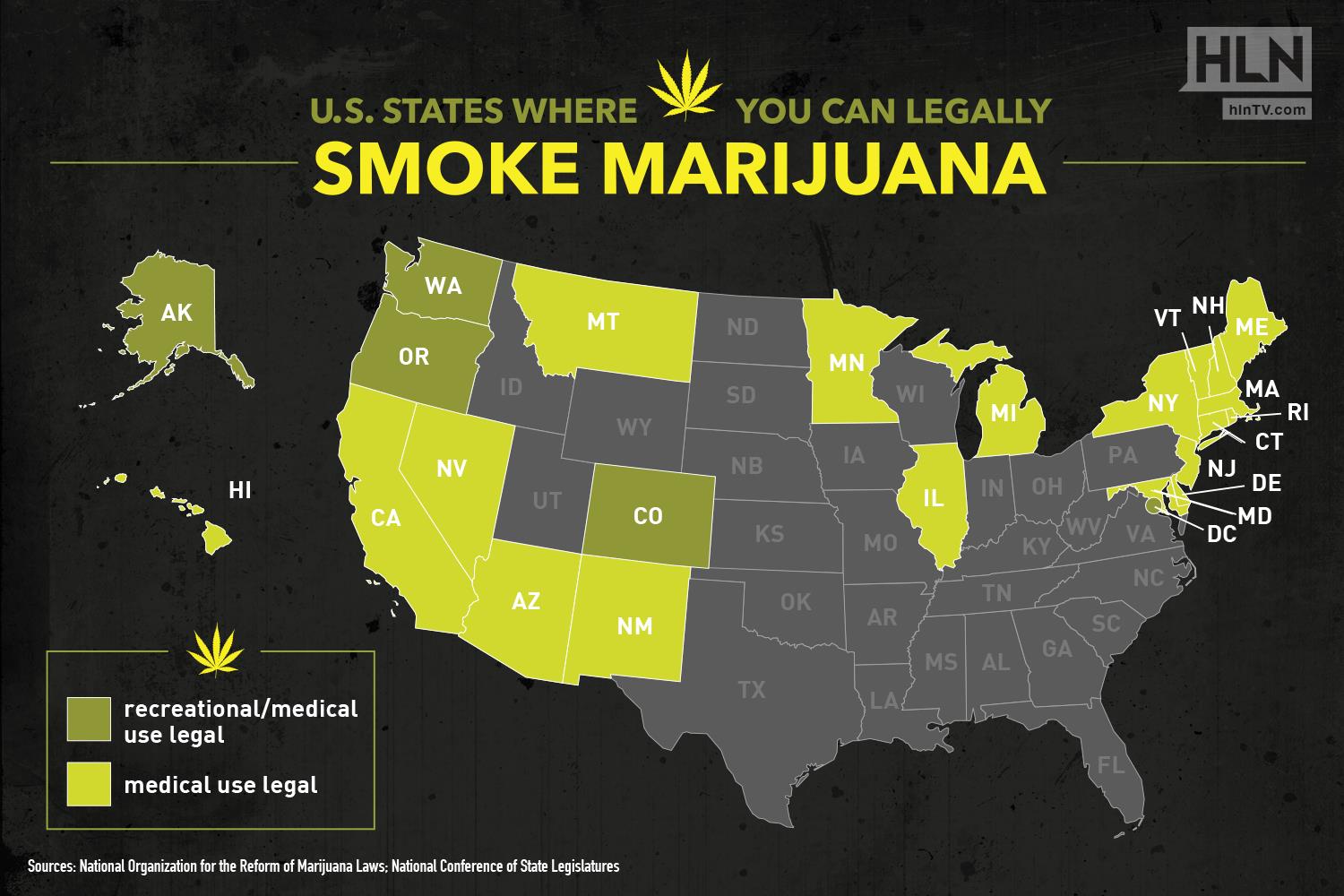Our interview with CEO Cheryl Shuman covers everything from how to get a membership in the Beverly Hills Cannabis Club, to the de-scheduling of marijuana and one-too-many-Selfies.
About the Author
Michael is a journalist and filmmaker. His award-winning documentary, Sleeping with Siri is playing film festivals across the country. Stusser runs TechTimeout campaigns in high schools across the country, asking teenagers to give up their digital devices (for a little while) in order to find balance, and perhaps even make eye-contact with their parents.You Might also like
-
The Pax 2 Review
PAX 2 Review
Michael A. StusserINTRO TO VAPES
First things first: There are people who like to smoke out of bongs. There are people who prefer to roll a fatty. (That’s me!) There are fans of the one-hitter, glass pipe aficionados, Roor rooters, boisterous bubblers, glass-beaker geekers, hookah-suckas, and everything in between (i.e. partially crushed aluminum cans, pineapple pipes, etc.). And it’s all good. However you want to get high is your business – so long as you share.One of the more modern conventions for getting baked is through the use of a vaporizer….Vapes allow the user to inhale “vapor” – and not smoke. Instead of the cannabis being combusted (by match or Zippo or blowtorch) – the vaporizer brings your marijuana flower (or oil or hash) to a temperature that’s hot enough to sublimate cannabinoids in cannabis, but doesn’t actually combust the herb. Sort of like a convection oven instead of a raging BBQ…but hand-held. In addition to it being an excellent option for individuals wanting to eliminate the various risks of smoke inhalation (a good choice for MMJ patients wanting the benefits of cannabinoids and terpenes, but not the potential lung irritations from smoke inhalation), vaporizing marijuana creates a more effective release of the medicinal properties of the cannabis flower.
THE PAX
Known as “The iPhone of Vaporizers,” the Pax brand has been around since 2012 (previously Ploom, now Pax Labs Inc.), and the product reviewed here is their second – and highly improved edition. I experimented with the original Pax a few years back (which sold over 500,000 units), but why waste time on the iPhone 4S- when there’s a new version of the iPhone 9 to discuss?The new re-designed Pax is available in four color choices, all made from a hip and durable, transverse-brushed aluminum (the same anodized shell the iPhone 6 is forged out of). The iconic Pax looks like a minimalist high-end, high-tech product you’ll be proud to be seen carrying around. (Let’s be real – if you’re paying top dollar for a glorified pipe – around $280 – it better be sexy as hell. And this is.)
The new Pax 2 is 25% smaller and ten percent lighter than the original, and instead of a retracting mouthpiece, has a groovy flap of sorts that, according to the manufacturer, uses “lip-sensing technology.” (I wish my girlfriend did!) A second rubber mouthpiece that extends slightly from the top is also included. The Stanford University geeks who created the Pax brand have done a great job of combining applied science principles, technology, and a very cool (and stolen from Apple) design – to wind up with a unique and quality product that does not disappoint.
While there are a plethora of settings available for the Pax, for folks like me who like to “dumb it down,” the elegant product is also extremely easy to use. Press…wait, and in less than a minute, when the iconic LED Pax logo goes from pulsing purple flickering glow to a solid neon green, begin to suck. When you’re done, click the top mouthpiece down to turn it off, and re-load!
The heating element in the Pax can be set to four various heat settings, and has an intelligent cooling down system as well. While I’ve had the unit for several months, I rarely cycle through to choose a particular heating level, but instead let the smart machine do it’s thing.
Unlike many vaporizers with temp control, the smartest part about PAX is that it measures the temp of the herb…not the stainless steel oven itself. So instead of the chamber burning away, the PAX makes sure you’re cooking your prime ganja all the way through. (If you’re spending serious money on a vape, you better also be putting some cool cash into the best weed out there…)
There’s a distinct and almost sweet smell that my Pax emits when the ganja is ready – and the clovers glow green. It’s not so much that anyone would be able to call out the stank of cannabis – it’s almost like a bagel’s ready. Once you exhale from the Pax, or course, there is vapor (looks like smoke to me, but all the vaporizers gotta vape something…and it’s more than just heat), and the smell of marijuana. Given that I’m in a legal state (and don’t mind breaking the public consumption of cannabis laws) – the sweet smell actually makes me proud to share with my fellow citizens.
The newest Pax is also designed with various built-in sensors (it’s not a Tesla, but close!). The sensors include an accelerometer to put the device to sleep when it’s been set down, and the battery level which can be checked when the user shakes the Pax. (The four clover leaves show the various levels of charge remaining.) It’s also just fun to rotate the device in your hand three times to show your friends the spinning, colorful Pax clover in Party Mode. (Seriously. It’s beautiful.) Apparently there are also various “secret” games…though I had difficulty figuring them out, especially after taking several draws off the machine. (I even got sent a special detailed PDF from PAX public-relations on each and every user-interface and indicator, and I STILL don’t understand what the fuck’s going on.)
Until you take the Pax out for a test drive – outside your home – you really don’t get the coolness factor of the product. I’ve had the unit for 2 months, but it sat next to my gorgeous double-bubbler art-glass PDX bong, which is quick and powerful and easy to use. (No battery required.) So the PAX just sat there, looking like a slick modern remote control next to my weed box and bong. And then it hit me. Portable. Oh yeah. PORTable! So I packed it tight (as the manual suggests) and hit the bars. So cool. People love it! And when you whip out your Pax, you’re the hit (literally) of any party.
Could this sleek, gorgeous gizmo be better engineered? Probably. It needs a deeper chamber. WAY Deeper. Even though it’s larger and wider than the original version, the current “bowl” is only big enough to pack about 7-10 real “hits” in one go-round. While that’s enough for a few people to get nicely baked, it’s then necessary to knock out the roasted and toasted ganja, and repack a re-fill. As with all vaporizers – is a bit of a to-do. (The bottom sub-flush lid comes off simply enough – and is held in place with two powerful neodymium magnets.) It should also be noted the chamber for weed is consistent with other high end vaporizers…so it could be me that needs to cut down and get a grip on this gripe. Similar to a bong or pipe, a bowl can only be so large for maximum freshness and use before it needs to be refilled – so my complaint may simply be a factor of my own need for moderation.
The only other tweak I’d make on the next version (Pax 3!) is the shape. Given our digital obsession (and societal one at large, now that I think of it) – it’s true the Pax could be more iPhone-shaped: Skinner, longer, and with a slight arc to fit along your skinny thigh. But the current heft is fantastic – it’s got a perfect weight in the palm, and that glowing psychedelic clover is just the fucking coolest thing ever.
The Pax uses a USB-charger (similar to Apple’s Mag-Safe units) that powers up a lithium ion battery, and – as tested – lasts for over 3 hours per charge (90 minutes to charge, on average), which is more than you’ll need. The unit turns itself off if you don’t draw on the mouthpiece or touch in for three minutes (and goes into standby mode by slowly lowering the temp after only 20 seconds) – so you’ve actually got five or six hours of party time before the battery truly runs out.
By far the best feature of the Pax is that it’s stealthy – not because of it’s actual size (which is really the smallest/most compact of the high-end vaporizers on the market) – but because even when I bring the thing out in broad daylight – at football games or bars or concerts or cafes – people see me handling this odd-looking graphite device that has a pulsing light and can’t fathom it’s a cannabis vaporizer. They’re more likely to think I’m holding a digital tape recorder up to my mouth than a machine that allows me to smoke (vape? cook?) marijuana! It’s so elegant, I often set mine on the table in cocktail lounges (sadly, next to my fawking iPhone) and see if anyone reacts. It’s rare. Mostly (sadly) they’re lost in their own digital devices, and not paying any attention.
In the end, how do I know I like it the Pax? Because it’s in my pocket every time I leave the house.
https://www.paxvapor.com/pax-2/
The Pax 2 runs around $280 and includes a 10 year warranty.
Available in charcoal (black), topaz (aqua), flare (red) and platinum (silver).
DEVICE DIMENSIONS
3.87 x 1.21 x 0.85
OVEN DIMENSIONS
18.5mm x 8.6mm x 10mm
BATTERY
Lithium-ion battery recharges in 2-3 hours via USB or AC wall adaptorHEATING ELEMENT
Thin film Kapton heater flex
INTERNAL ACCELEROMETER
Detects motion to put PAX in standby-mode when not in use to conserve battery life and oven contents
MATERIALS
Vapor path is constructed entirely from medical grade components. All plastic components are food-safe engineering plastics of the highest quality available.IN THE BOX
Included in the box are:
•The PAX 2
•Two silicone mouthpieces—a flat one, flush with the top of the
device, and one raised option
•One magnetic charging cradle with USB cord
•PAX 2 cleaning kit with isopropyl alcohol & pipe cleaners -
Ganjapreneurs!
There’s a new group of business people capitalizing on the legalization of marijuana: Ganjapreneurs! We give you the inside scoop on the cannabis capitalists!





